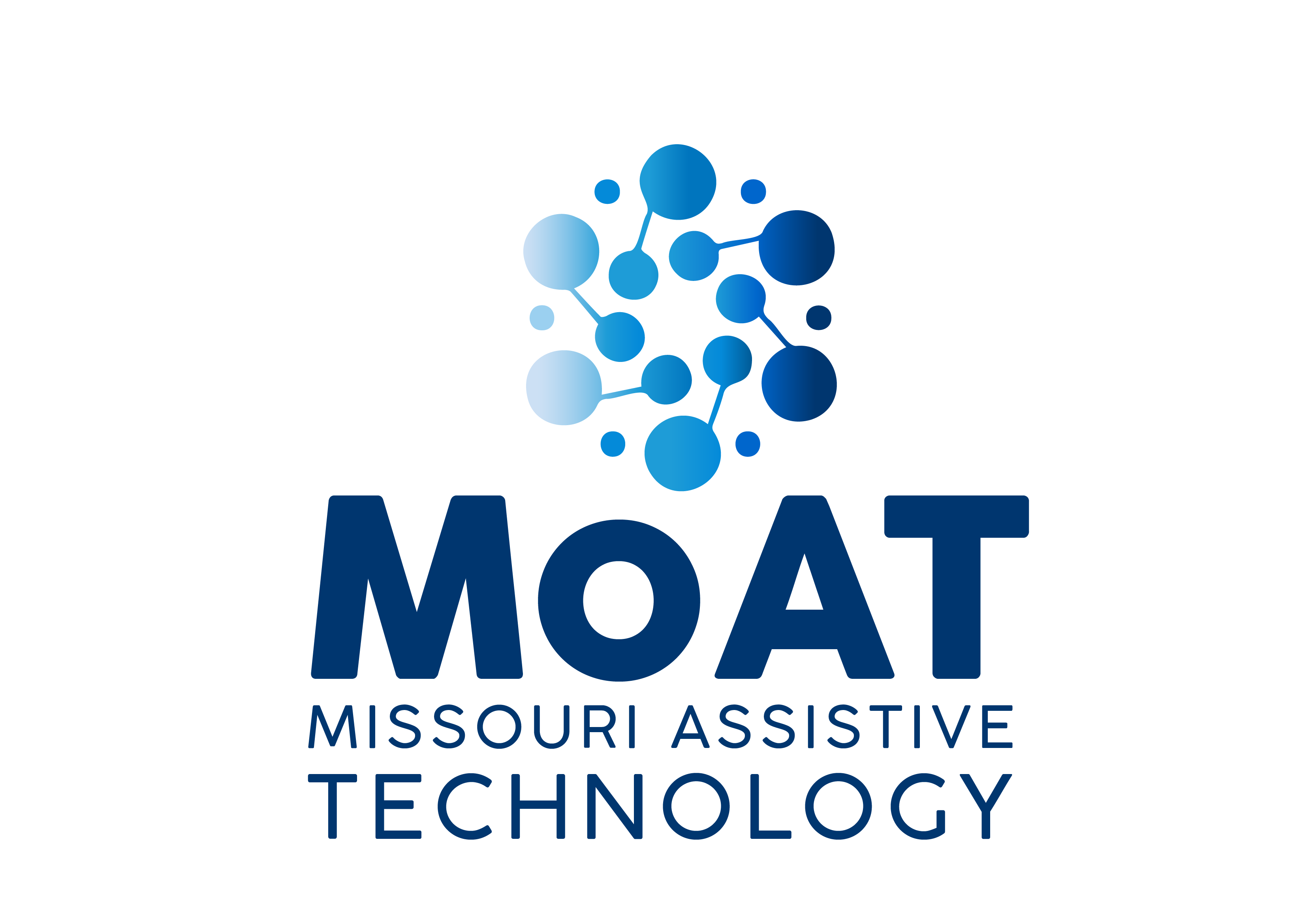The passage of Missouri HB 201 requires the Missouri Technology Council and the Office of Information Technology ensure the accessibility of information technology for individuals with disabilities. The council and the Office of Information Technology must adopt accessibility standards to be used by state agencies in the procurement and development of information technology.
The MO statute is as follows:
As used in sections 161.900 to 161.945, the following terms mean:
- “Accessibility”, compliance with nationally accepted accessibility and usability standards such as those established by Section 255 of the Telecommunications Act of 1996 and Section 508 of the Workforce Investment Act of 1998;
- “Assistive technology device”, any item, piece of equipment, or product system, whether acquired commercially off the shelf, modified, or customized, that is used to increase, maintain or improve functional capabilities of individuals with disabilities;
- “Assistive technology service”, any service that directly assists an individual with a disability in the selection, acquisition or use of an assistive technology device. Such term includes:
- The evaluation of the needs of an individual with a disability, including a functional evaluation of the individual in the individual’s customary environment;
- Purchasing, leasing or otherwise providing for the acquisition of assistive technology devices by individuals with disabilities;
- Selecting, designing, fitting, customizing, adapting, applying, maintaining, repairing or replacing assistive technology devices;
- Coordinating and using other therapies, interventions or services with assistive technology devices, such as those associated with existing education and rehabilitation plans and programs;
- Training or technical assistance for an individual with disabilities, or, where appropriate, the family of an individual with disabilities; and
- Training or technical assistance for professionals, including individuals providing education and rehabilitation services, employers, or other individuals who provide services to, who employ, or who are otherwise substantially involved in the major life functions of individuals with disabilities;
- “Individual with disabilities”, any individual who is considered to have a disability or handicap for the purpose of any federal or Missouri law;
- “Information technology”, any electronic information equipment or interconnected system that is used in the acquisition, storage, manipulation, management, movement, control, display, switching, interchange, transmission or reception of data or information, including audio, graphic and text;
- “State department or agency”, each department, office, board, bureau, commission, and other unit of the executive, legislative and judicial branches of state government including public four-year and two-year colleges and universities;
- “Undue burden”, significant difficulty or expense, including, but not limited to, difficulty or expense associated with technical feasibility.
161.935.
- The (Missouri Assistive Technology) council shall work in conjunction with the office of information technology services division to assure state compliance with the provisions of Section 508 of the Workforce Investment Act of 1998 regarding accessibility of information technology for individuals with disabilities.
- When developing, procuring, maintaining or using information technology, or when administering contracts or grants that include the procurement, development, or upgrading of information technology, each state department or agency shall ensure, unless an undue burden would be imposed on the department or agency, that the information technology allows employees, program participants and members of the general public access to and use of information and data that is comparable to the access by individuals without disabilities.
- To assure accessibility, the (Missouri Assistive Technology) council and the office of information technology services division shall:
- Adopt accessibility standards to be used by each state department or agency in the procurement of information technology, and in the development and implementation of custom-designed information technology systems, websites and other emerging information technology systems;
- Establish and implement a review procedure to be used to evaluate the accessibility of custom-designed information technology systems proposed by a state department or agency prior to expenditure of state funds;
- Review and evaluate accessibility of information technology commonly purchased by state departments and agencies, and provide accessibility reports on such products to those responsible for purchasing decisions;
- Provide training and technical assistance for state departments and agencies to assure procurement of information technology that meets adopted accessibility standards;
- Involve individuals with disabilities in accessibility reviews of information technology and in the delivery of training and technical assistance;
- Establish complaint procedures, consistent with Section 508 of the Workforce Development Act of 1998 to be used by an individual with a disability who alleges that a state department or agency fails to comply with the provisions of this section.

